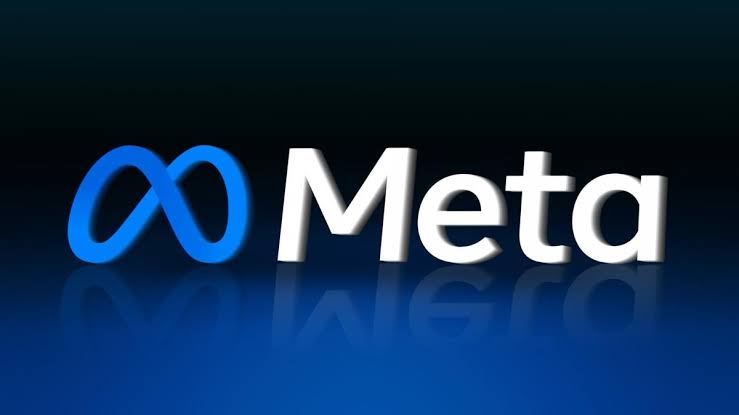By Zion Rufus
Meta, formerly known as Facebook, finds itself entangled in a web of legal battles as numerous countries raise concerns over data privacy regulations. The most recent lawsuit comes from Nigeria, followed closely by a staggering 1.2 billion euro fine imposed by European privacy regulators.
With the world’s eyes on Meta’s legal struggles, the ultimate resolution of these lawsuits will undoubtedly have far-reaching consequences, not only for the company but also for the future of data privacy and the relationship between tech giants and regulatory bodies worldwide.
These legal challenges have far-reaching implications for the tech giant, as its practices for transferring personal data between the United States and the European Union (EU) continue to be contested.
The troubles began in 2020 when the European Court of Justice, the EU’s highest court, struck down the Privacy Shield mechanism, the latest attempt at legally transferring personal data between the U.S. and the EU. This ruling raised questions about the adequacy of data protection measures and triggered a series of investigations into Meta’s data handling practices.
The Irish Data Protection Commission, responsible for overseeing Meta’s operations in the EU, accused the company of breaching the General Data Protection Regulation (GDPR). Despite the court ruling, Meta allegedly continued to transfer personal data of European citizens to the U.S., leading to the unprecedented 1.2 billion euro fine, the largest ever imposed for GDPR violations.
However, the European Union is not the only entity challenging Meta’s practices. Nigeria recently filed a lawsuit against the tech giant over advertising regulations. This legal action highlights the growing global concern regarding Meta’s operations and its impact on user privacy. As more countries scrutinize the company’s activities, it raises questions about Meta’s ability to comply with varying regulations and protect users’ personal data.
The implications of these lawsuits and fines are profound for Meta. Apart from the significant financial penalties, the legal challenges can damage the company’s reputation, erode user trust, and potentially lead to restrictions on its operations in various countries. Furthermore, the lawsuits draw attention to the broader issue of data privacy in the digital age, emphasizing the urgent need for more robust and transparent data protection mechanisms.
In response to the 1.2 billion euro fine, Meta has announced its intention to appeal the decision. The company maintains that it adheres to applicable laws and regulations, and it remains committed to protecting user data. However, the road ahead for Meta appears arduous, as it navigates multiple legal battles and seeks to rebuild trust among users and regulators worldwide.
As Meta fights to protect its interests and restore its image, the outcomes of these lawsuits will shape the future landscape of data privacy regulations. Governments and regulatory bodies across the globe are closely monitoring these proceedings, which may result in more stringent data protection requirements for tech giants and potentially reshape the digital advertising and data transfer landscape.






Comment
No comments found.